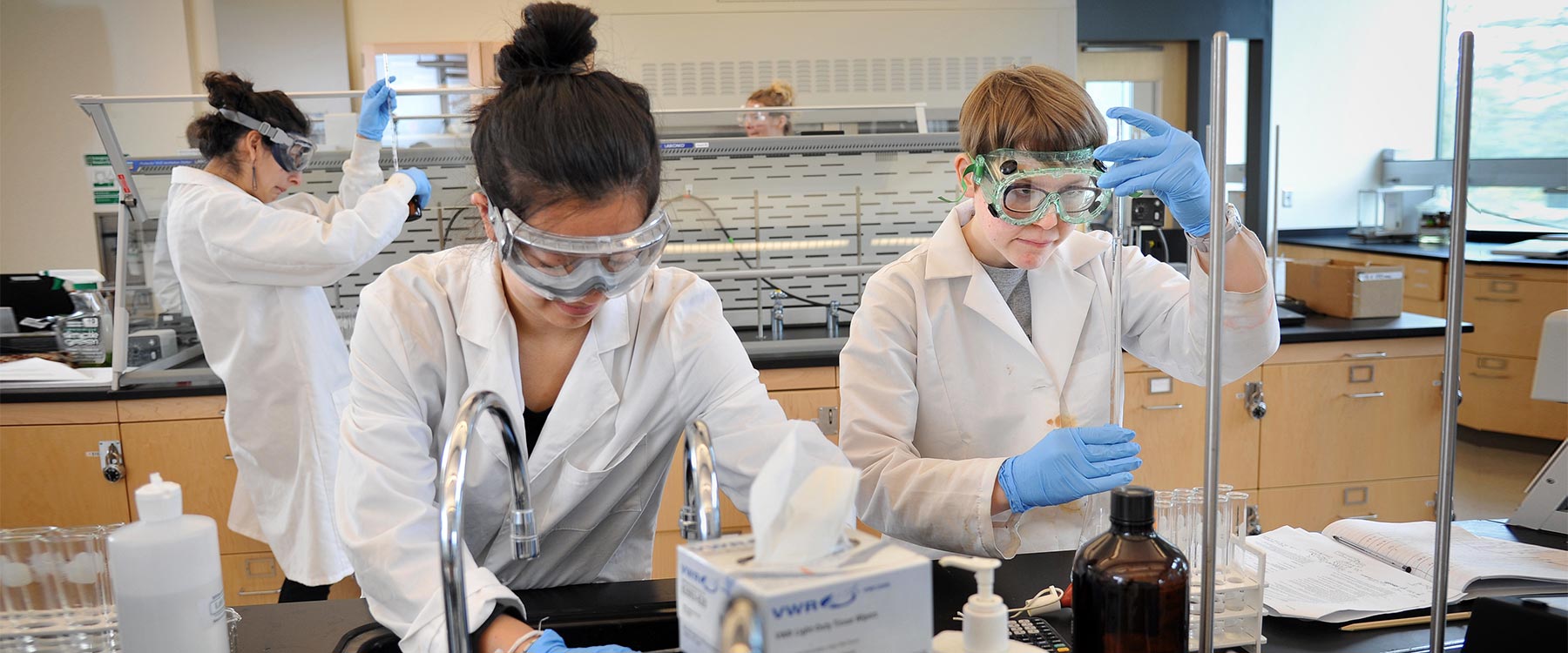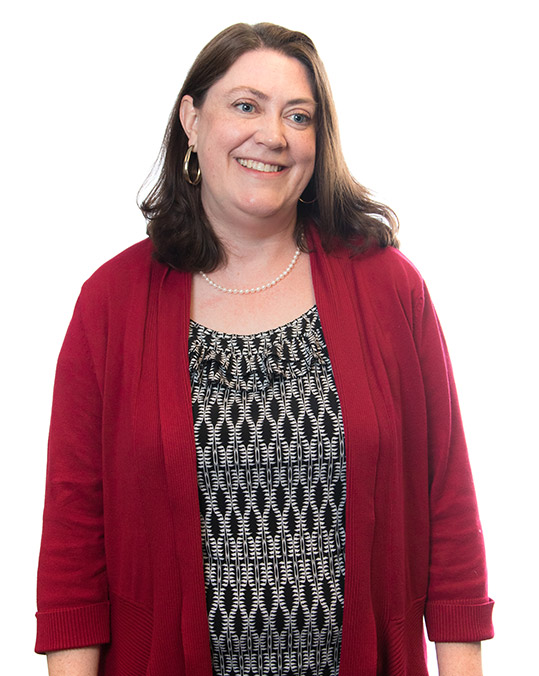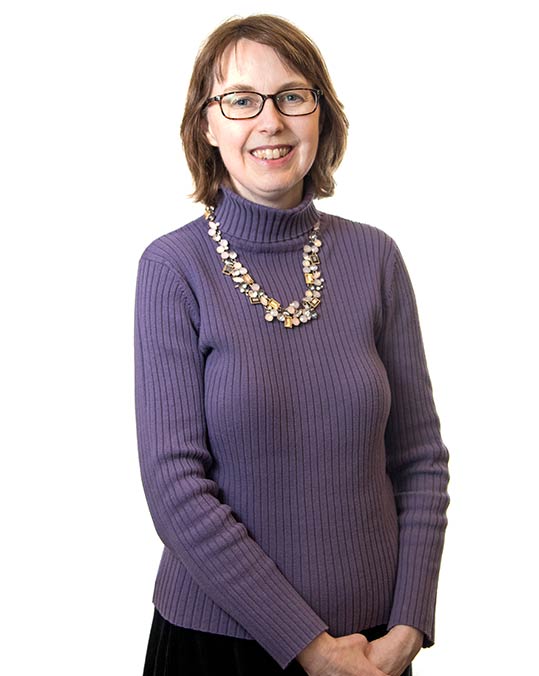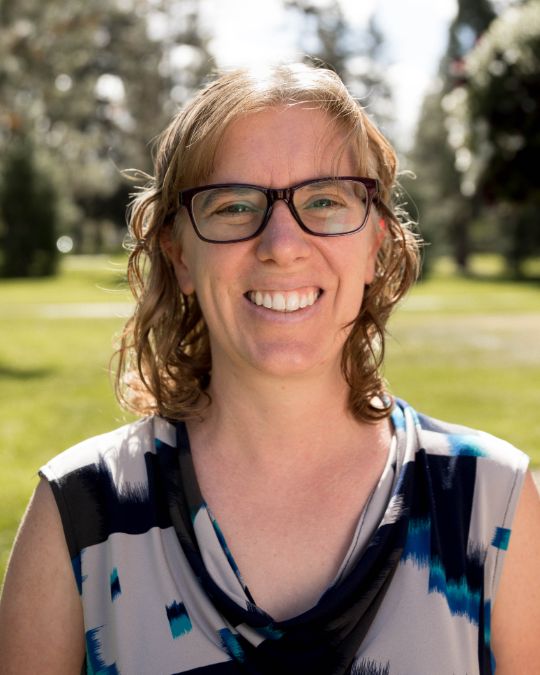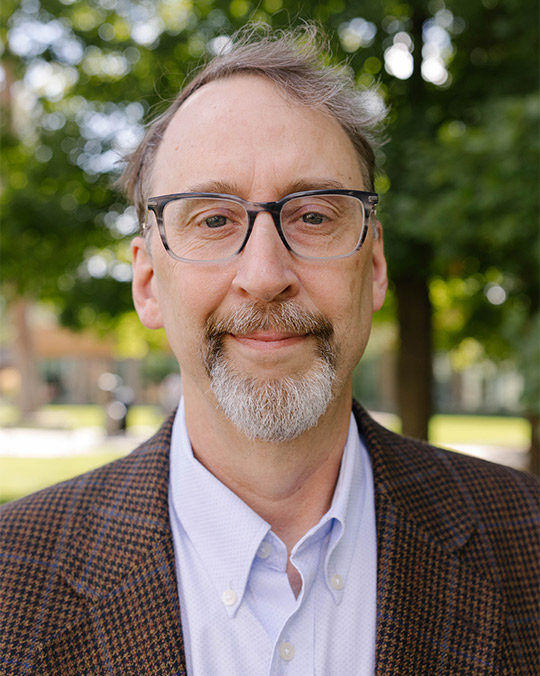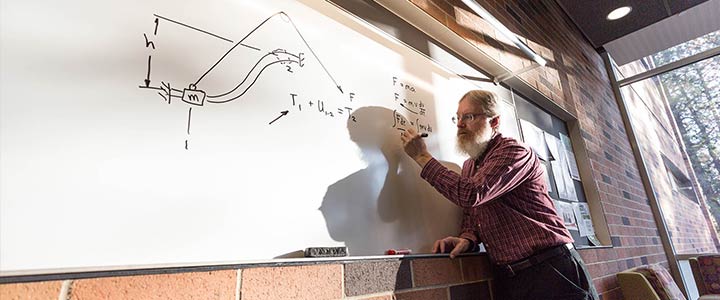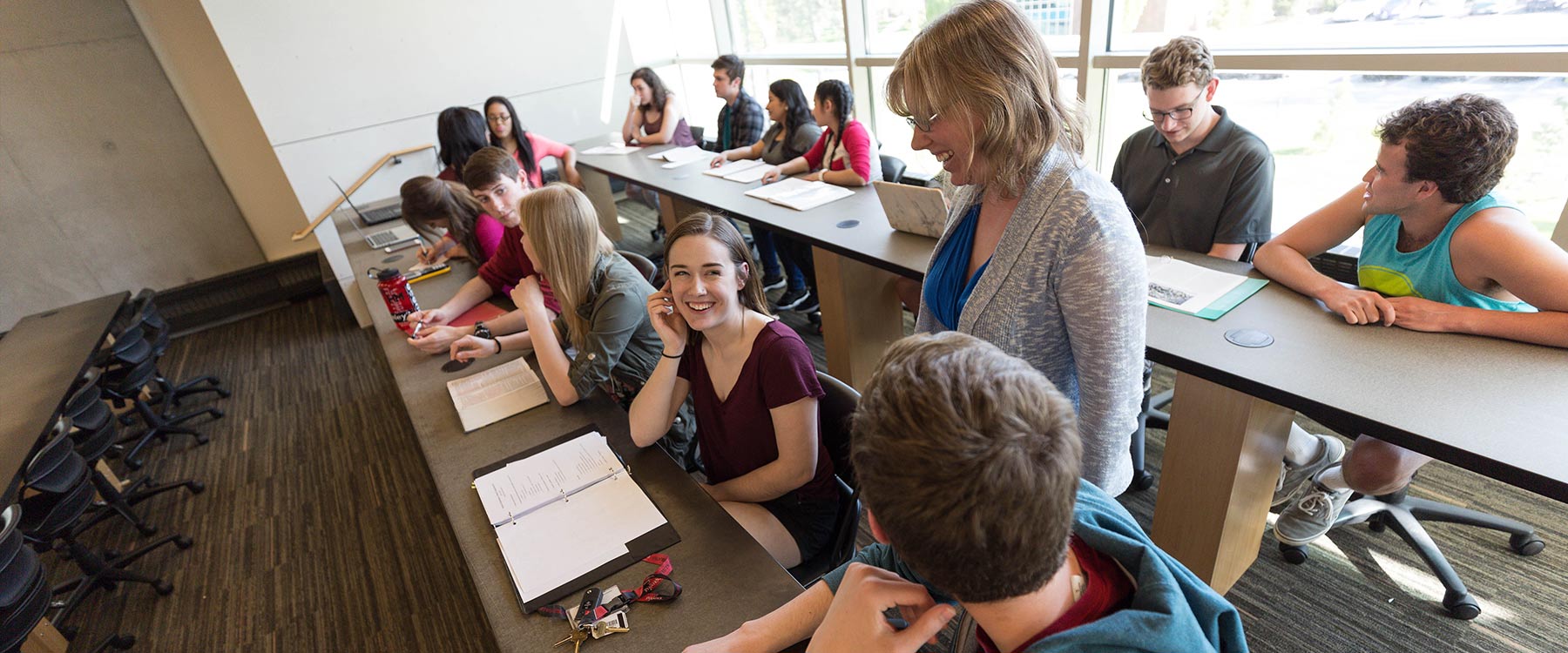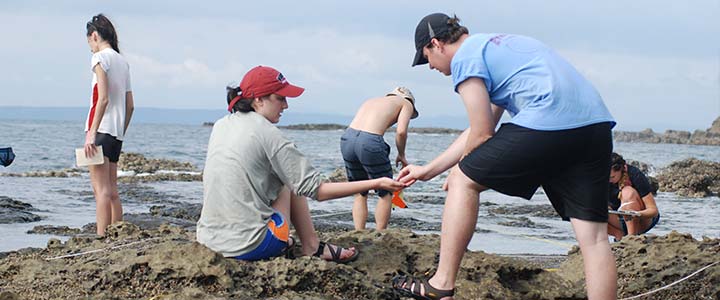Chemistry, B.A., B.S.
Our innovative approach to the study of chemistry will ground you during your first year in the major themes in the field. You will go on to complete core courses that introduce you to the principles of chemistry, and will choose from a variety of upper-division courses that support your career and graduate-school goals. Elective courses and research opportunities will provide laboratory and field experiences in specialized areas.
Whitworth's chemistry professors are committed to developing students who are critical thinkers and who can adapt to the shifting complexities of the sciences.
